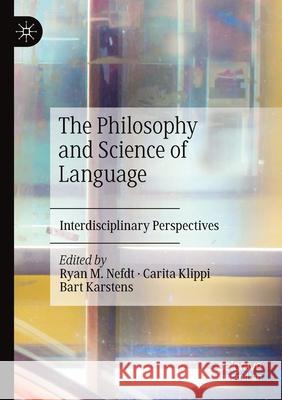The Philosophy and Science of Language: Interdisciplinary Perspectives » książka
topmenu
The Philosophy and Science of Language: Interdisciplinary Perspectives
ISBN-13: 9783030554408 / Angielski / Miękka / 2022 / 464 str.
The Philosophy and Science of Language: Interdisciplinary Perspectives
ISBN-13: 9783030554408 / Angielski / Miękka / 2022 / 464 str.
cena 522,07
(netto: 497,21 VAT: 5%)
Najniższa cena z 30 dni: 501,19
(netto: 497,21 VAT: 5%)
Najniższa cena z 30 dni: 501,19
Termin realizacji zamówienia:
ok. 16-18 dni roboczych.
ok. 16-18 dni roboczych.
Darmowa dostawa!
Kategorie BISAC:
Wydawca:
Palgrave MacMillan
Język:
Angielski
ISBN-13:
9783030554408
Rok wydania:
2022
Ilość stron:
464
Waga:
0.60 kg
Wymiary:
21.01 x 14.81 x 2.62
Oprawa:
Miękka
Wolumenów:
01
Dodatkowe informacje:
Wydanie ilustrowane











